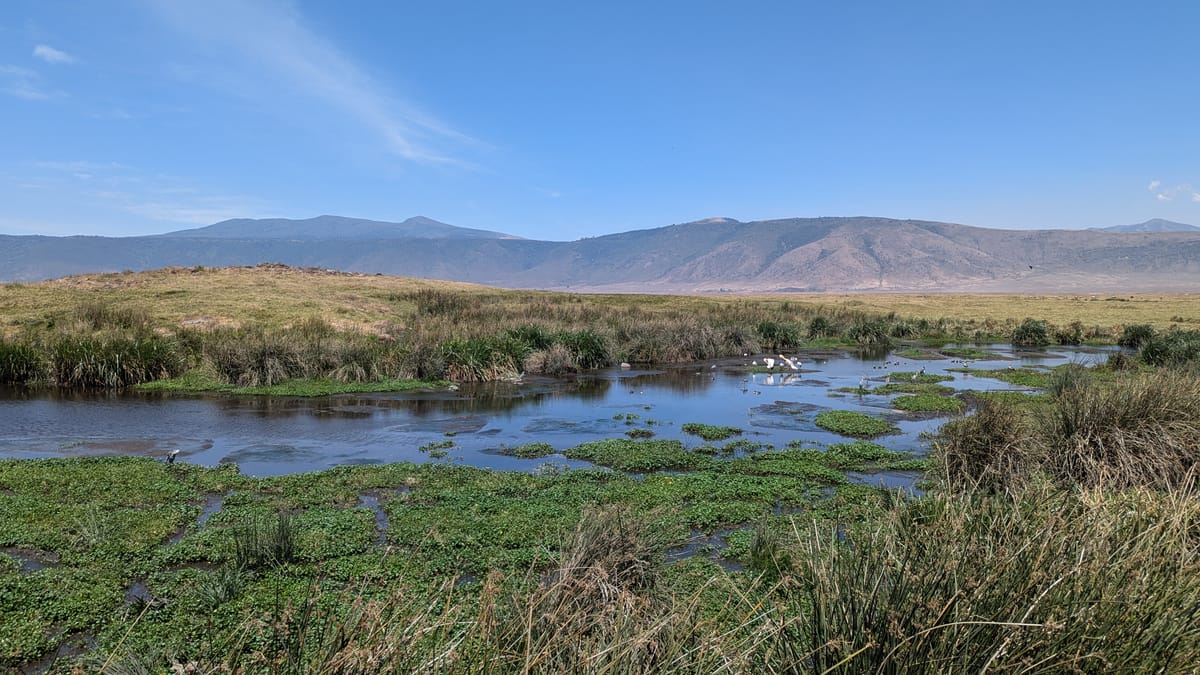What is mine to do now?

What is mine to do now?
I've been wondering about this through the presidential election.
When I was little, my mom brought trash bags along on our walks to the park, because I would stop and pick up all the litter. Later, I won the book 50 Things You Can Do to Save the Planet from an Audubon Society event raffle--my parents were members. I care about climate action.
More, my earliest and most traumatic memories taught my lessons in how power worked. In my family, my church, on TV, in the world. Men over women and children. White over black and brown. Straight over gay. Rich over poor. I value equity and political and economic democracy.
My faith deepened and nuanced these values.
These days, some modest number of people trust me and listen to me. Our community spans the political spectrum. But throughout the election, I avoided addressing it. I didn't want to think about it. I knew others didn't want to think about it. I knew some would agree and others would disagree with whatever I said. I've been clear at other times about what matters to me and why. It's never been a secret. I doubted speaking on it during the election would influence others' political views or votes. Instead, it might erode trust and encourage this community to polarize, like the rest of the country. It might endanger the other good we do together--feeding hungry people, working for housing justice, being a community of love.
This choice was not without tension. The love I mean is nonpartisan but by no means apolitical. Doing God's will on earth as in heaven involves how we live together in community and society which means politics. Vulnerable people and communities I care about have been explicitly threatened and targeted as a matter of proposed policy, as well as political speech.
Was this a wise choice, to hold my tongue? Or a cowardly one? Is this my straight, white, cis-man privilege? Or the discretion that's the better part of valor? What if it's both, not either? And something else, too?
My public life is more than my voice. Speaking and writing is just a part, and--experience and training has taught me--not the most effective part. It can be performative: words are cheap. And it can be a kind of noisy helplessness.
Our community has joined with others in our city to create a new law. Today we rally again at City Hall, anticipating victory and a yes vote from the council. It's a rent abatement law. It will empower city housing inspectors to permit renters not to pay rent when inspector deems the building as unsafe, or becoming unsafe, to live in. Many landlords already to the right thing. This new law will give the landlords who don't do the right thing a financial incentive to do better.
This victory for housing justice is the culmination of months of work. Our community has invested significantly in it. Yes, I speak about it. I've also done the relational work to lead our community into it. The issue unifies us; it doesn't polarize us, especially after an apartment building collapsed and killed three in our city last year. And now renters in our city will soon live in better quality apartments, and they won't have to pay for a hotel and for rent at the same time.
The older I get the more my limits confront me. What is mine to do? is a discernment about those limits. Also my desires, my joy, and my calling. I don't feel much certitude today. I just have a shaky faith that I have done at least some of what Love gave me to do. Or maybe better, that Love will take these incomplete and imperfect things we've done together and complete them, somehow, some day. Even though Love seems to lose today, tomorrow Love will win.
"Nauseously optimistic" is how one friend said he was feeling yesterday about the election. It resonated then and it resonates now, after the election. I'm nauseously optimistic about my current response to the question.
What is mine to do?
This. Keep doing it.
